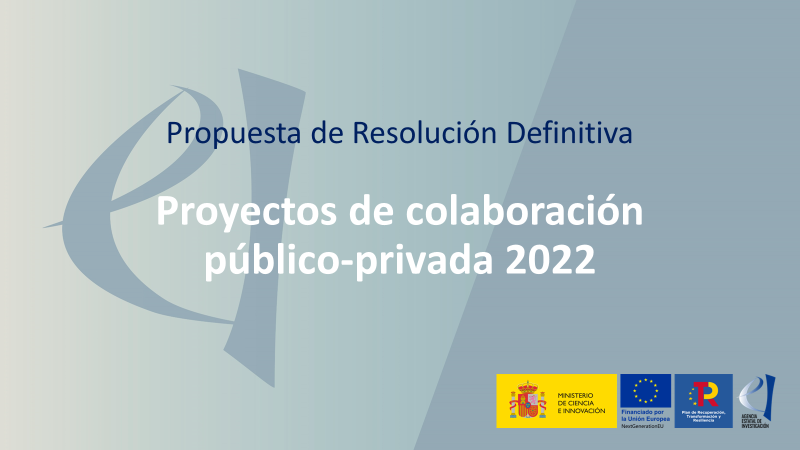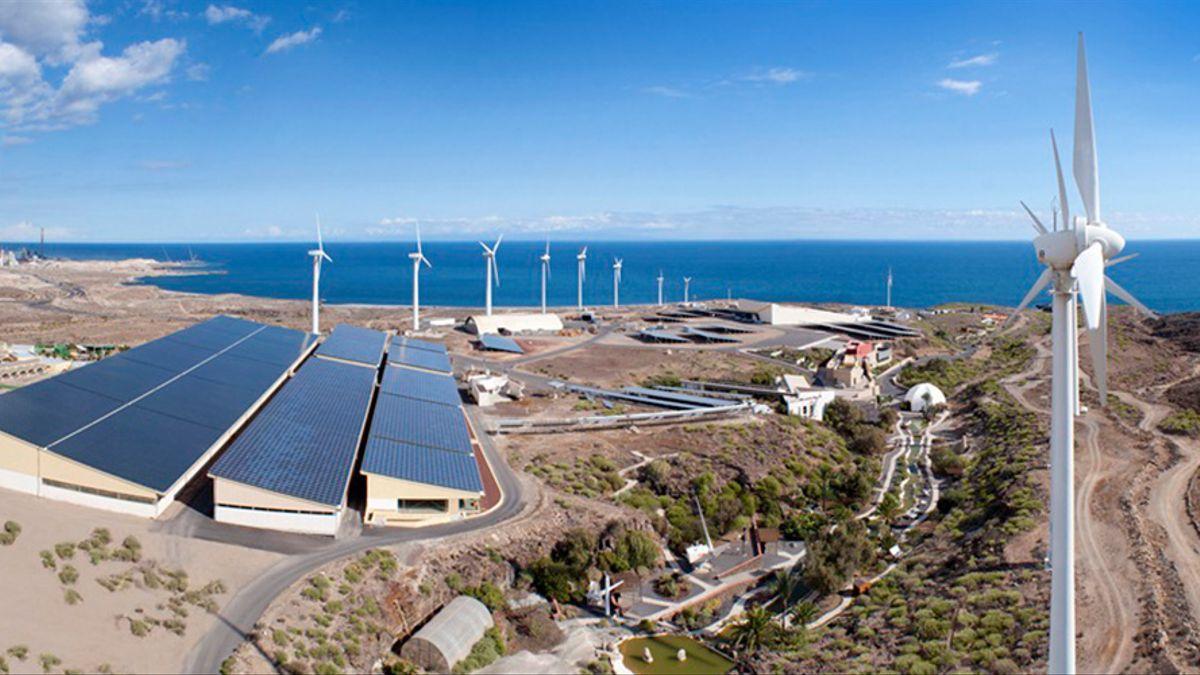The institute will receive more than 500.000€ in gran funding for the development of these four new projects under the 2022 public-private collaboration projects call of the Science and Innovation Ministry.
The Institute of Technology and Renewable Energies (ITER), which depends on the Island Council of Tenerife, has obtained 544.258,02 € for the execution of four new research and development projects in the 2022 call for public-private collaboration projects of the Ministry of Science and Innovation, within the framework of the Recovery, Transformation and Resilience Plan.
The State Research Agency published the final resolution of this call for aid to public-private collaboration projects on October 27, 2023, in which four ITER projects, out of the eight presented by the entity, obtained a total grant of €544.258,02.
For the development and implementation of the projects approved in this call, ITER will collaborate with universities, such as the University of La Laguna, the Polytechnic University of Valencia, the Polytechnic University of Madrid and the University of Alcalá; with R+D+i entities, such as the Eduardo Torroja Institute for Construction Science, and the Royal Botanical Garden of Madrid ; and with companies, such as Vainsa Infraestructuras S.L and the company of municipal services of Granadilla SERMUGRAN.
The PAPACAN project has a total budget of 556.332,24 € and aims to evaluate the use of natural strontium isotopes as potential «fingerprints» of potatoes grown in the Canary Islands, as well as to carry out their physicochemical characterisation. As a result of this project, a scientific verification protocol will be created that can help certify not only the origin of the products, but also the nature of their agricultural environment.
The PAULIA project will develop an integrated tool to assess and improve the climate in small vulnerable urban areas by identifying hot spots and applying solutions based on the type of soil material and vegetation. Weather sensors, drones and satellites will be used to map and monitor the climate and materials used in public spaces, enabling the correction of climate problems. The ultimate goal of this project, which has a total budget of €754.801,38, is to mitigate economic, social and environmental impacts through bioclimatic design and advanced technology.
The AEROGENIA project addresses the growing importance of wind power generation in Spain and the need for efficient management of wind turbine maintenance. The project will focus on optimising the predictive maintenance of wind turbines, especially blades, through the development of a comprehensive system for diagnosing defects. With a total budget of €709.164,88 and using artificial intelligence techniques and a digital twin, the project will make it possible to anticipate faults, carry out autonomous inspections using drones, and visualise the health of the wind turbine in real time, thus helping to maximise the availability and efficiency of wind power generation in Spain.
The main objective of the GARTWIN project, with a budget of around 954.000,00€, is to develop an innovative water management system for gardens, without the need for in-situ sensors, capable of predicting the water needs of plants and establishing an optimal irrigation plan. This system, supported by a local optimisation algorithm, will monitor the water status of species and can be integrated with geographic information systems. The project will culminate in a functional prototype that will facilitate sustainable irrigation practices and the digitisation of natural heritage in public gardens, contributing to the transition towards more sustainable irrigation practices.
The call for proposals is intended to finance experimental development projects in cooperation between companies and research organisations, with the aim of promoting the development of new technologies, the business application of new ideas and techniques, and contributing to the creation of new products and services. Likewise, the aim of this aid is to facilitate the transfer of knowledge through actions that eliminate the existing barriers between the different actors in the public and private spheres and increase the capacities for dissemination and communication of R&D&I to society, contributing to the fulfilment of specific objective 5 (OE5) of the State Plan for Scientific, Technical and Innovation Research for the period 2021-2023.


